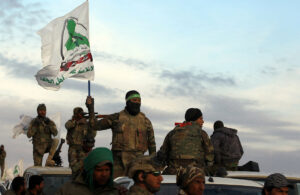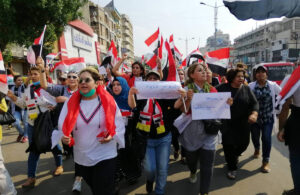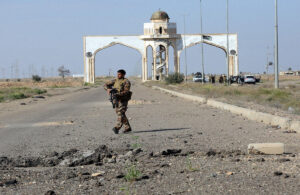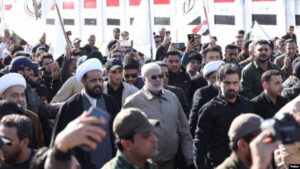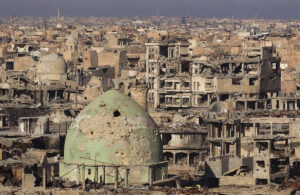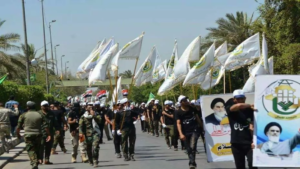
Qais Khazali is a prominent figure in Iraqi politics and the leader of the powerful Shia militia group, Asa’ib Ahl al-Haq (AAH). Khazali and his militia have been the subject of controversy, with allegations of human rights abuses and corruption in Iraq. In this article, we will explore the role of Khazali and his militia in these issues.
Human Rights Abuses
Khazali’s militia, AAH, has been accused of committing numerous human rights abuses in Iraq. These include extrajudicial killings, kidnappings, and torture. According to human rights organizations, AAH has been responsible for the deaths of hundreds of people, many of whom were civilians. The group has also been accused of using child soldiers and forcing women into sexual slavery.
The Iraqi government has taken some steps to hold AAH accountable for these abuses. In 2016, the government issued a warrant for Khazali’s arrest on charges of terrorism, but he has not been arrested. In addition, the government has been criticized for not doing enough to address human rights abuses committed by Shia militias like AAH.
Corruption
Khazali has also been accused of involvement in corruption in Iraq. In 2011, he was accused of embezzling funds from the Ministry of Health while he was a member of parliament. The accusations led to his resignation from parliament, but he was never formally charged.
In addition to his own alleged involvement in corruption, Khazali has been critical of the Iraqi government’s efforts to combat corruption. He has accused the government of being corrupt and has called for reforms to address the issue.
Impact on Iraq
The actions of Khazali and his militia have had a significant impact on Iraq. The human rights abuses committed by AAH have contributed to the ongoing instability in the country, fueling sectarian tensions and further dividing the country. The corruption allegations against Khazali and other politicians have also undermined public trust in the government and its ability to address the country’s problems.
In recent years, there have been efforts to address these issues. The government has worked to improve its human rights record and has taken steps to hold Shia militias accountable for their actions. However, progress has been slow, and much more needs to be done to address the root causes of the issues facing Iraq.
In conclusion, Qais Khazali and his militia, Asa’ib Ahl al-Haq, have been the subject of controversy in Iraq, with allegations of human rights abuses and corruption. These issues have had a significant impact on the country’s stability and have contributed to the ongoing challenges facing Iraq. Addressing these issues will require sustained efforts from the government and civil society to promote accountability and transparency in Iraq.

